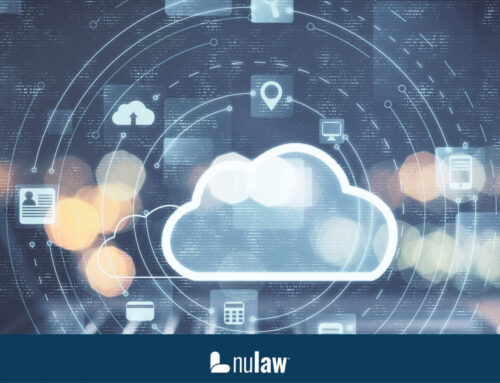Popular Tags

Quantum Computing in the Legal Sector: Benefit or Threat?
It goes without saying that we are extremely proud of NuLaw and all it offers as a case management application. We have taken what use to require multiple applications to achieve and combined them all into a single, cloud-based application built on a Salesforce foundation. By today’s standards, NuLaw is an excellent piece of software. But what about 50 years from now?
A lot of people in the technology sector are talking about quantum computing. It is said to be the next big thing in computer technology. If all the experts are right, quantum computing will eventually find its way into the global legal system. But will it be good or bad? Does quantum computing represent a benefit or a threat?
Quantum Computing Basics
Quantum computers are built to take advantage of the natural properties observed in the science of quantum physics. If you are not familiar with quantum physics, it is the study of quantum properties at the subatomic level. It studies the relationships between electrons, protons, photons, etc. These properties can be applied to computing to create ever more powerful machines capable of completing the most complex tasks.
Imagine data currently stored on your computer being converted into quantum data. Where a traditional computer relies on magnetized bits of information organized as ones and zeros, a quantum computer stores data using subatomic particles arranged in certain ways. The benefits of the quantum model are found in the quantum properties of those subatomic particles.
Superposition and Entanglement
There are two quantum properties that are especially intriguing to computer builders. They are superposition and entanglement. Superposition is a property that allows a quantum system to exist in multiple states simultaneously. In space, you could have a quantum system that exists both at the far and near ends of that space. If the system were represented as a cube with the top and bottom, it could be both right side up and upside down simultaneously.
Entanglement is a property that allows quantum particles to be perfectly linked even separated by distance. Because they are linked, they behave in exactly the same way. If one moves to the left, so does the other. Entanglement is so powerful that it works across light years of space.
Legal Applications
What has been described here is little more than a basic introduction to quantum computing. More important to this discussion is its legal applications. One must remember that quantum computers are capable of doing things that classic computers cannot do. For example, no classic computer on earth can factor a 500-digit number. It is child’s play for a quantum computer.
Quantum computing has the potential to revolutionize law practice in several ways. For example, it will likely be able to provide sound legal advice in place of a human attorney at some point down the road. Powerful quantum computers will be able to analyze and compare unfathomable amounts of data from legal documents, past cases, etc. to render sound advice.
It has been suggested that quantum computing might also be capable of replacing human judges and attorneys when deciding clear-cut cases that do not require intuition or moral judgments. And even if judges and attorneys are not fully replaced, quantum computing should at least help them do their jobs more effectively.
NuLaw is by no means capable of doing what quantum computing can do. But it is an excellent case management application for the modern era. Because quantum computing in the legal sector is still a long way off, you need the best case management app you can find right now. We believe it’s NuLaw.



